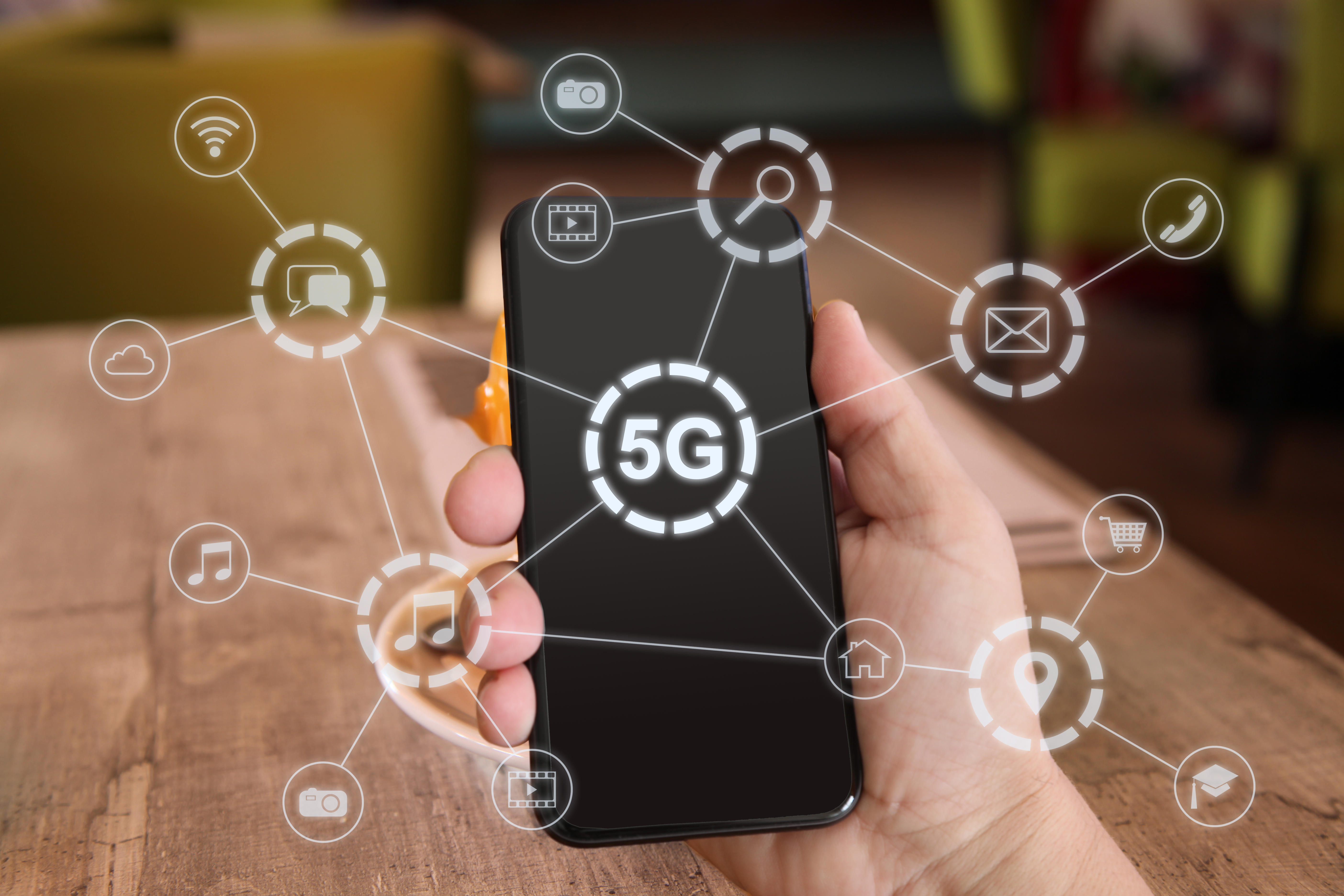Two fifths of Brits 'don't know' if 5G is safe
Study suggests low awareness is hindering 5G excitement

A study by Deloitte suggests 43% of Brits don’t know whether 5G is safe, a figure that is likely caused by a lack of understanding that is also hampering enthusiasm for adoption.
Anti-5G campaigners have spread conspiracy theories that 5G is responsible for a range of health issues – including Coronavirus – leading to some protests, arson attacks on phone masts (including those that do not have any 5G equipment) and even assaults on telecommunications workers.
This is despite the fact that the entire body of research available refutes these claims, while World Health Organisation (WHO) recommendations are that 5G is safe.
- 5G protests show history is repeating itself
- Radiation tests show 5G is safe
- 5G in the UK: everything you need to know
5G education
Deloitte’s research shows 14 per cent of consumers believe 5G constitutes a health risk or not, a figure which rises to 18 per cent of those aged between 25 – 34. However, it also found that 64 per cent of people say they do not know enough about 5G – a vacuum which could allow 5G misinformation to spread.
“Worries about health impacts from radio waves have always existed, flaring up at the launch of 3G, 4G and Tetra networks, but misinformation about health impacts from wireless networks is more easily amplified than ever before,” said Paul Lee, head of TMT research at Deloitte. “The industry has a challenging but pressing task on its hands to educate consumers over the safety of 5G to support uptake of the technology.”
Only two per cent of smartphone owners currently use 5G but 11 per cent say they would switch to a 5G network if they heard good things. This figure is down from 17 per cent in 2017 and 19 per cent in 2018.
Analysts say greater education will likely increase demand for 5G networks but it’s worth pointing out that adoption rates at this stage of the technology’s lifecycle were always going to be low because of limited coverage and the relatively low number of compatible handsets.
Sign up to the TechRadar Pro newsletter to get all the top news, opinion, features and guidance your business needs to succeed!
However, all four mobile operators are expanding their 5G services, while nearly all smartphones will support 5G within the next few years. Meanwhile, new applications will increase awareness and drive demand – especially among those who will work from home on a more regular basis after lockdown.
Indeed, despite the apparent lack of awareness about the benefits of 5G, half of all smartphone owners agree that they’ll have better connectivity with a next generation network.
“Understanding how mobile networks work is challenging and time-consuming, with every new generation of network more sophisticated and harder to comprehend. Brands must do more to educate consumers on the technology’s safety and efficacy in a clear, simple way,” added Dan Adams, head of telecommunications at Deloitte.
“The high proportion of women that feel they do not know enough about 5G is a particular concern and suggests that more effort should be made to produce 5G campaigns that are targeted towards wider-society. Now is the time for technology and telecoms brands to communicate clearly and confidently the safety of the technology, while at the same time emphasising the benefits it will bring to consumers, households and businesses alike.”
- Here are the best mobile phone deals
Steve McCaskill is TechRadar Pro's resident mobile industry expert, covering all aspects of the UK and global news, from operators to service providers and everything in between. He is a former editor of Silicon UK and journalist with over a decade's experience in the technology industry, writing about technology, in particular, telecoms, mobile and sports tech, sports, video games and media.